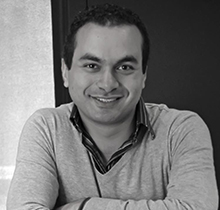Socio-economic inequality across religious groups in Egypt
Socio-economic inequality across religious groups has been at the centre of public debate in the Middle East for decades. This column argues for the value of taking a longer historical perspective: in Egypt, for example, inequality is not simply a consequence of postcolonial policies but rather has colonial and, perhaps more importantly, long-standing pre-colonial roots.
Was public free mass education detrimental to Egypt’s human capital?
Since the early 1950s, when schools in Egypt opened their doors to the masses, some have expressed concerns that the country has somehow suffered from this educational expansion. This column explains the reality of the reform effort: that it was the last step in a century-long public programme that accelerated following the 1923 constitution and its requirement that compulsory education be provided for every Egyptian child. All in all, the provision of free mass education increased student enrolment and improved, on average, the educational and occupational outcomes of the masses.


